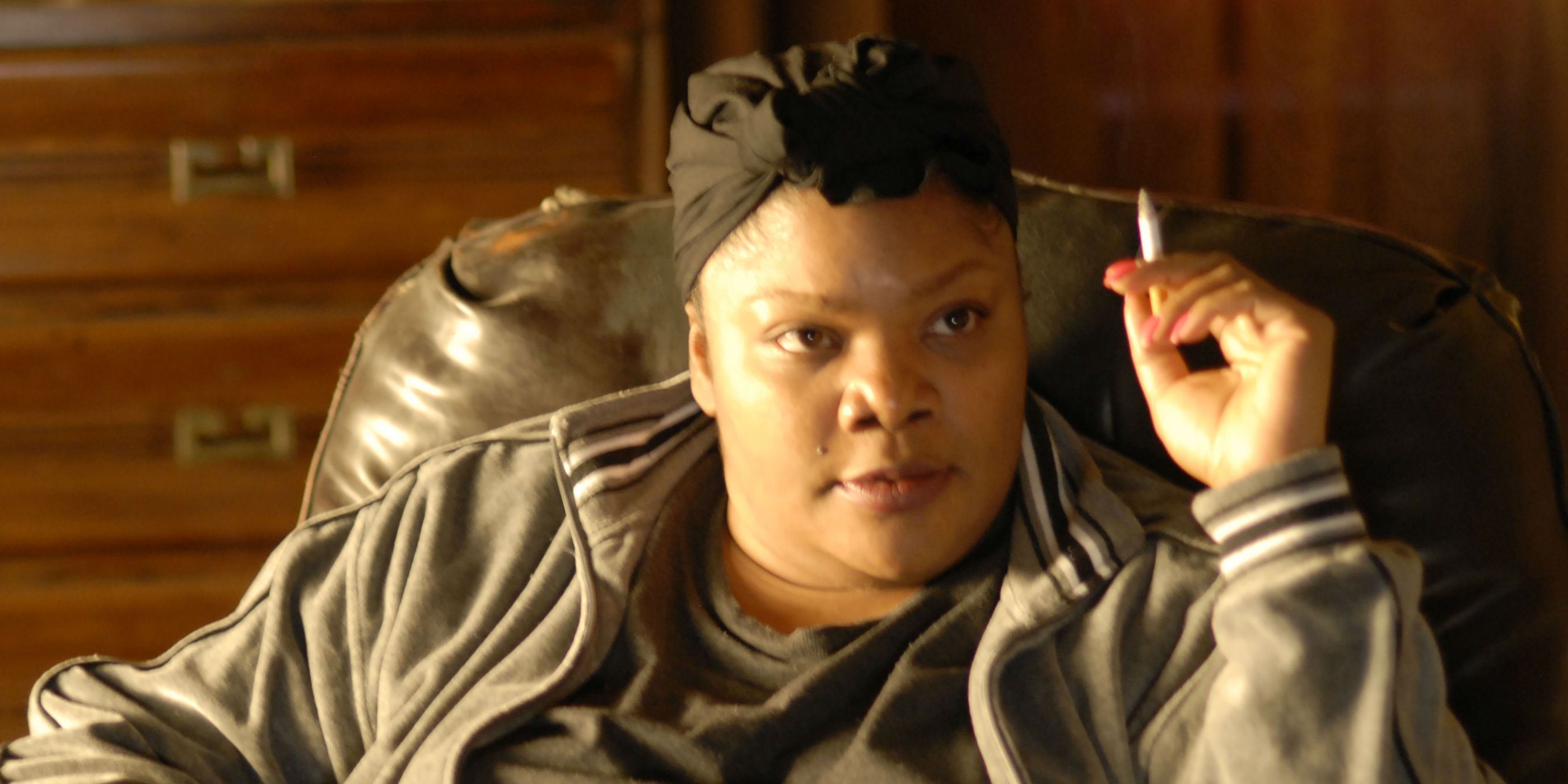Oscar-winning actress/comedian Mo’Nique is suing Netflix for discrimination. The streaming giant has been preparing as of late for the recent debuts of some heavy competition in the form of Disney+ and Apple TV+, with Disney already gaining more subscribers than expected. Much has been said regarding the potentially troublesome future that Netflix may experience as a result of heavy competition and licensing woes. The streamer is also up against original shows and movies featured on Disney+ and Apple TV+, potentially forcing Netflix to up its game.
The possibility of losing some of its biggest hit programs is a real risk, but it’s hardly the biggest concern currently facing streaming TV’s top dog. Frustration from subscribers over what many deem to be unjustified price hikes, numerous cancellations in order to make way for more original programming and the threat of losing subscribers to other services like Amazon, HBO Max, Apple TV+ and of course, Disney+, has made things far less comfortable for Netflix than they once were. For quite some time, it almost seems as though Netflix simply relied on the novelty of being the largest subscription streamer, and now change is coming, whether the popular service likes it or not.
Streaming Wars Explained: What Exclusives Each Service Offers (For What Price)
In fact, a degree of change might be coming to Netflix that they had not been expecting at all. Oscar-winning actress/comedian Mo’Nique has filed a lawsuit against the billion-dollar company, claiming that they have discriminated against her as a black woman. Mo’Nique has been battling with Netflix representatives since 2018 on the issue, in which she alleges that her $500,000 offer to appear in a one-hour Netflix comedy special attempts to “perpetuate the drastic pay gap experienced by black women.” Per a CNN report, Netflix reportedly refused to negotiate with Mo’Nique and gave "take-it-or-leave-it" terms. The suit states:
"The terms of Netflix's offer to Mo'Nique were discriminatory based on her gender and race/color. The offer tried to perpetuate the drastic pay gap experience by Black women. Indeed, Netflix simply refused to engage in any negotiation and presented its offer on 'take-it-or-leave-it' terms. Netflix has maintained a corporate culture -- reaching the highest levels of senior leadership -- that has been insensitive to Black workers. Relatedly, the company has been plagued by a lack of racial diversity within senior leadership, as well as across the organization. Despite Mo'Nique's extensive résumé and documented history of comedic success, when Netflix presented her with an offer of employment for an exclusive stand-up comedy special, Netflix made a lowball offer that was only a fraction of what Netflix paid other (non-Black female) comedians."
Mo’Nique also took to social media, posting this statement on her Instagram account:
For their part, Netflix denies the claims, insisting that they “care deeply about inclusion, equity and diversity” and that they “take any accusations of discrimination very seriously.” The suit certainly comes at a time when Netflix has a lot going on, but the streaming giant has also stated that they will be fighting the case in court. And while this is a big issue for Netflix, it is also a big step for Mo’Nique to take. Despite having won a best supporting actress Oscar for her role in Precious back in 2009, the last ten years have not seen the comedic star in much of note.
There is no doubt that Hollywood still has a long distance to go in repairing its relationship with women and minorities in terms of on screen representation and wages. At the same time, however, Mo’Nique’s legal claim does not take into account the uncomfortable suggestion that she simply may not be the draw she believes herself to be on Netflix. Half a million dollars is still a large sum of money, and while Mo’Nique’s claims of discrimination and sexism could indeed be valid, one does have to question exactly how in demand an hour of her stand-up currently is.

